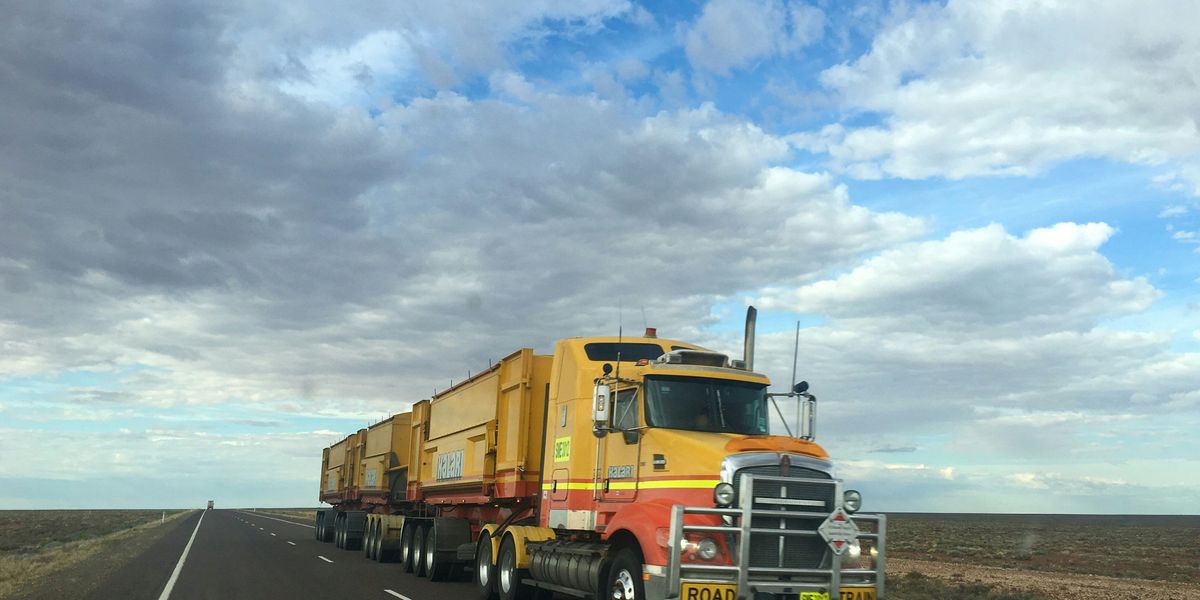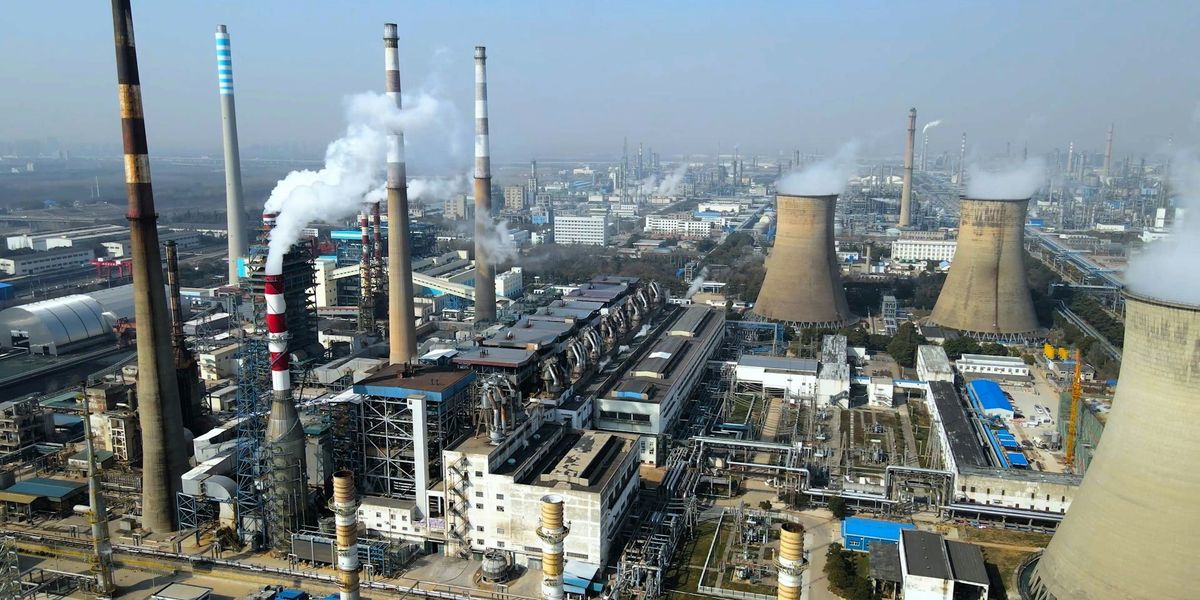voting
Tory MPs fail to support climate issues since 2010, study shows
No Conservative MPs have voted positively on climate issues since 2010, according to a VoteClimate study.
In short:
- Only one sitting Conservative MP, a defector from the SNP, was rated positively on climate votes.
- Labour and Liberal Democrats dominate the list of MPs rated as very good on environmental policies.
- VoteClimate helps voters understand parties' climate policies and their impact under the UK’s electoral system.
Key quote:
“We want to be able to tell people which party will reduce carbon dioxide the most, based on their manifesto.”
— Ben Horton, founder of VoteClimate
Why this matters:
This voting trend raises concerns among environmental advocates and scientists, who warn that political inertia could stall progress on critical issues like carbon emissions, renewable energy adoption, and biodiversity protection.
Related EHN coverage:
Poll reveals economic concerns outweigh climate issues in voter priorities
A recent poll suggests that emphasizing economic benefits, such as reduced energy costs, may be a more effective campaign strategy than focusing on climate change.
In short:
- The poll indicates that voters are more concerned with inflation and cost of living than climate change.
- President Biden's Inflation Reduction Act addresses both economic and environmental issues.
- The act's focus on clean energy expansion could enhance U.S. energy security and reduce reliance on foreign energy sources.
Why this matters:
This finding highlights the importance of framing climate policy in terms of its immediate economic benefits. It suggests a strategic approach for policymakers to gain broader public support for environmental initiatives.
Flashback to 2020: Climate, the campaign and the conventions.
Climate concerns drive small but pivotal shifts in voting
A new analysis of polling data and an Electoral College simulator show that climate change concerns have amassed enough power to tip elections.
Americans are warming to climate change — but they can't agree after that
Q&A: The League of Conservation Voters’ take on House Speaker Mike Johnson’s voting record: ‘appalling’
“To call him a climate skeptic is generous,” says the league’s Tiernan Sittenfeld. “He's said outrageous things about climate change, and what's causing it, whether he believes it's happening.”
William “Coty” Keller: Floridians need to be climate voters in next election
Unless new civic-minded leaders are put in office, our lifestyles and economy will degrade, and life as we know it will not exist for our descendants. Let’s act like an intelligent species and stop destroying our only home.
Ecuadorians reject oil drilling in the Amazon, ending operations in protected area
The Associated Press reports that Ecuadorians voted against drilling for oil in a protected area of the Amazon, an important decision that will require the state oil company to end its operations in a region that’s home to two uncontacted tribes and is a hotspot of biodiversity.
In a nutshell:
Home to the Tagaeri and Taromenani tribes, Yasuni National Park was designated a UNESCO biosphere reserve in 1989, spanning over 1 million hectares and boasting an impressive variety of wildlife. Despite President Guillermo Lasso's endorsement of oil exploration, over 60% of Ecuadorians have rejected drilling in Block 43 within Yasuni, posing a challenge to his administration. This outcome forces Petroecuador to dismantle its operations in the near future. The referendum coincided with the presidential election amid the backdrop of political unrest following the assassination of anti-corruption candidate Fernando Villavicencio and growing instability in Ecuador linked to organized crime and drug trafficking.
Key quote:
“Ecuadorians have come together for this cause to provide a life opportunity for our Indigenous brothers and sisters and also to show the entire world, amidst these challenging times of climate change, that we stand in support of the rainforest,” Nemo Guiquita, a leader of the Waorani tribe, told the AP -- noting, however, that many other areas outside of Block 43 remain unprotected.
The big picture:
As Inside Climate News reported recently, a growing movement of civil society groups and Indigenous activists is applying pressure to phase out fossil fuel extraction in the Amazon, which has led to hundreds of spills and proven devastating to environmental and human health. When leaders of the eight Amazon nations met in Brazil earlier this month for a summit on deforestation, campaigners made their presence known, demanding that Indigenous rights to be respected and an end to drilling.
Exposure to pollutants and chemicals associated with oil extraction -- including arsenic, mercury and cadmium -- can lead to respiratory issues, skin disorders and other health complications among isolated communities such as the Tagaeri and Taromenani tribes. Furthermore, the disruption of their traditional way of life, access to clean water sources, and medicinal plants jeopardizes overall physical and mental health as Indigenous people grapple with the enduring impacts of industrial encroachment on their territories.
Review the full article from the Associated Press.



















